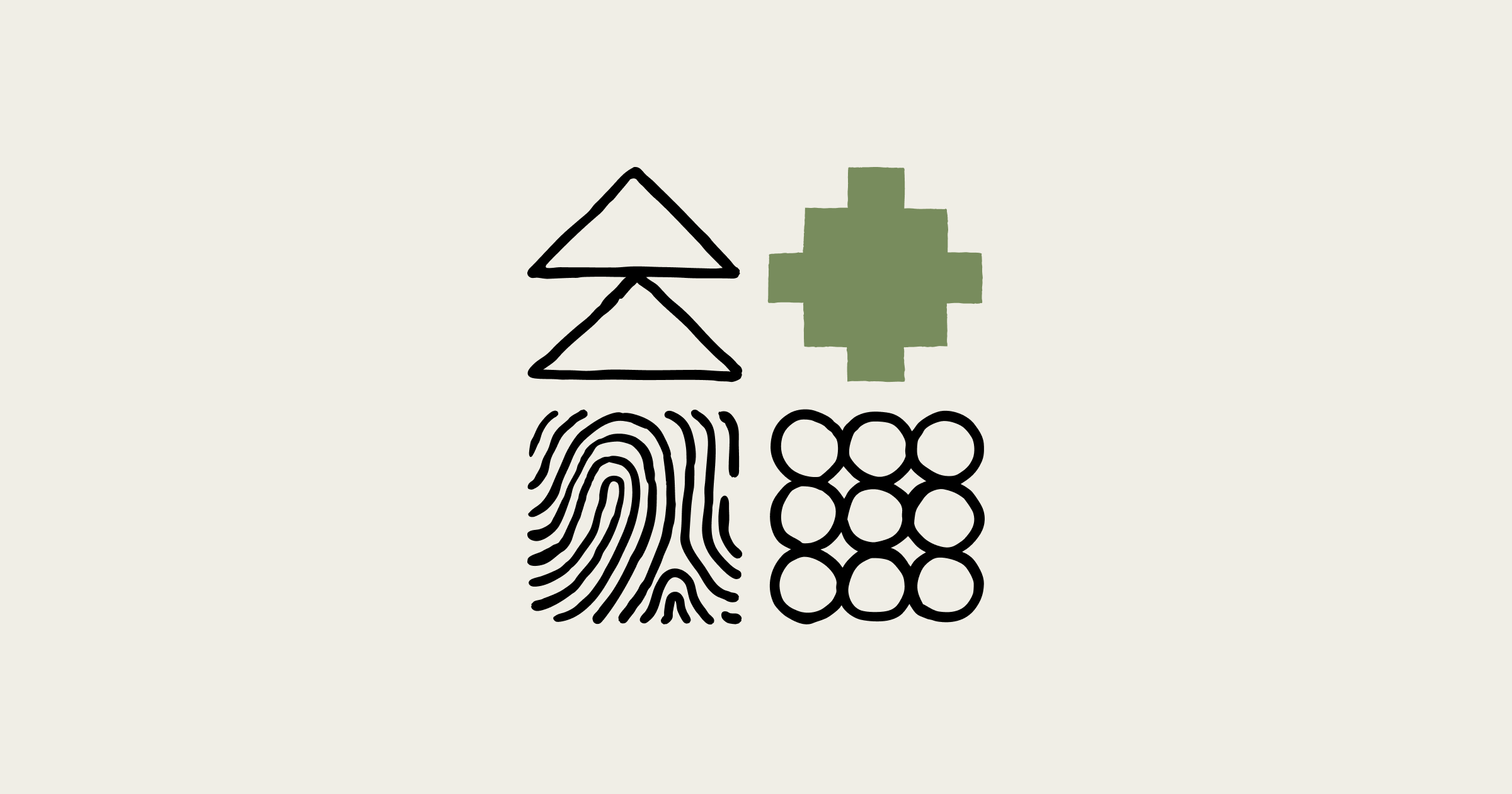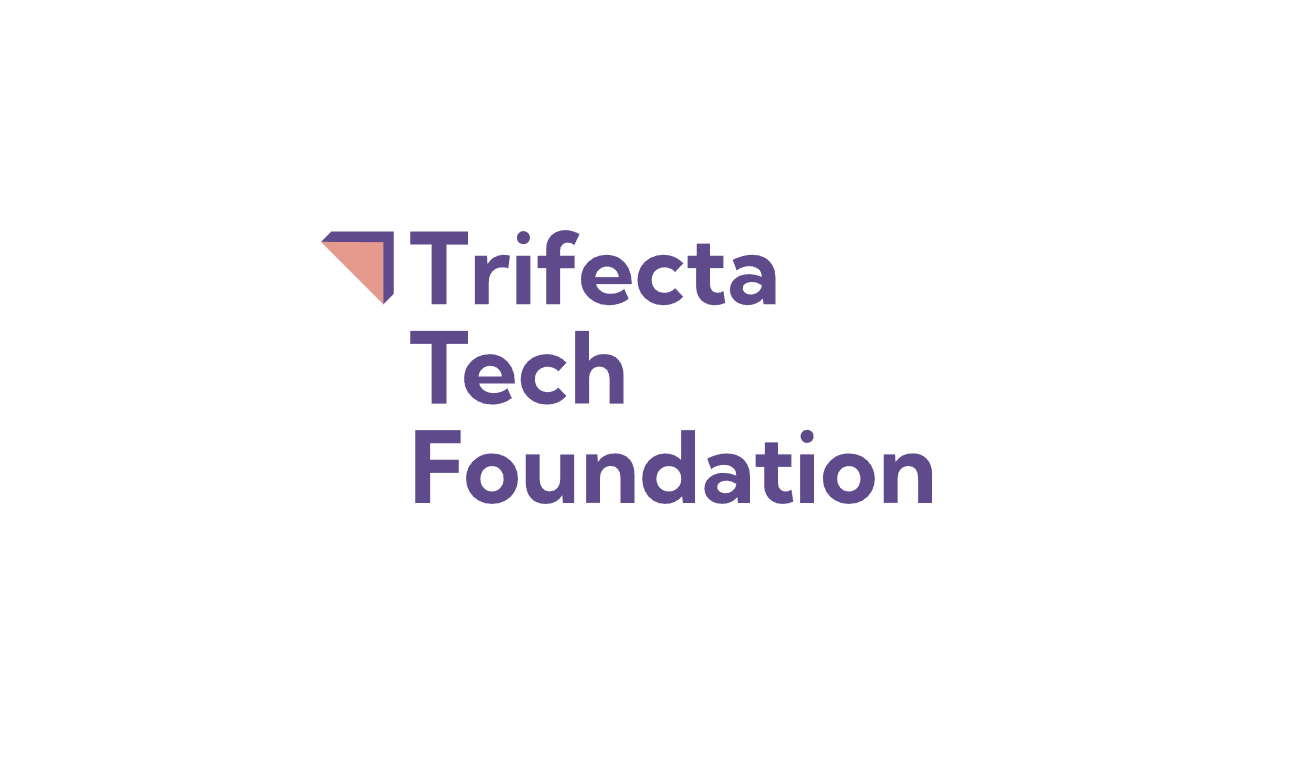- hn.today
- Posts
- SF Weekly Pulse: Issue 02
SF Weekly Pulse: Issue 02
Another exciting week in San Francisco's vibrant tech ecosystem!

Honda conducts successful launch and landing of experimental reusable rocket

June 17, 2025
Honda R&D completed its first successful launch and landing test of an experimental reusable rocket in Hokkaido, Japan. The 6.3-meter rocket reached 271.4 meters altitude and landed within 37cm of its target after a 56.6-second flight. This milestone demonstrates Honda's expansion beyond automotive into space technology, utilizing existing combustion and control systems expertise. The project stems from young engineers' dreams to build rockets using Honda's core technologies. While still in fundamental research phase with no commercial timeline, Honda targets suborbital launch capability by 2029. The initiative aligns with growing satellite demand for data services, remote sensing, and communication networks. Honda views reusable rockets as sustainable transportation solutions that could enable various satellite-based services complementing their mobility products. CEO Toshihiro Mibe emphasized this represents meaningful progress leveraging Honda's technological strengths while creating new customer value beyond traditional automotive applications.
The Grug Brained Developer (2022)
June 17, 2025
Written in primitive caveman language, this satirical yet insightful guide critiques modern software development practices through the lens of a self-described 'grug brain developer.' The author positions complexity as the primary enemy of developers, advocating for simplicity, the strategic use of 'no,' and 80/20 solutions that deliver value without over-engineering. The piece covers key development practices including code factoring (waiting for natural cut-points to emerge rather than premature abstraction), testing strategies that favor integration tests over unit tests, and managing relationships with 'big brain developers' who may introduce unnecessary complexity. Despite its humorous tone, the content offers genuine wisdom about sustainable development practices, making it resonate with experienced developers who've witnessed the pitfalls of over-engineering and architectural gold-plating in real-world projects.
Resurrecting a dead torrent tracker and finding 3M peers
June 17, 2025
A developer experimenting with slow torrent downloads noticed most trackers were dead and decided to register an abandoned domain to see what would happen. After setting up opentracker on a VPS, they discovered over 3.1 million peers across 1.7 million torrents attempting to connect within an hour. The experiment revealed how many BitTorrent clients continue trying to reach defunct tracker infrastructure, exposing the fragility of centralized components in supposedly distributed systems. While DHT provides decentralized alternatives, many clients still rely heavily on traditional trackers. The author quickly shut down the experiment due to legal concerns around potential copyright infringement, but the research demonstrates both the persistence of P2P networks and the opportunities for infrastructure resurrection.
Building Effective AI Agents

June 17, 2025
Based on experience with dozens of teams, Anthropic reveals that successful LLM agent implementations rely on simple, composable patterns rather than complex frameworks. The article distinguishes between workflows (systems with predefined code paths) and agents (systems where LLMs control their own processes). Key recommendations include starting with the simplest solution possible, understanding underlying code when using frameworks, and focusing on augmented LLMs as building blocks. The guide covers practical workflows like prompt chaining, routing, parallelization, and orchestrator-workers patterns. This matters because it provides battle-tested guidance for developers navigating the rapidly evolving agent landscape, helping them avoid common pitfalls while building effective systems.
Making 2.5 Flash and 2.5 Pro GA, and introducing Gemini 2.5 Flash-Lite

June 17, 2025
Google announces general availability of Gemini 2.5 Flash and Pro models, transitioning from experimental to stable production-ready versions. The company also unveils Flash-Lite in preview, positioned as their most cost-efficient and fastest 2.5 model variant. Flash-Lite demonstrates superior performance compared to 2.0 models across coding, mathematics, science, reasoning, and multimodal benchmarks, with reduced latency for high-volume tasks like translation and classification. The model maintains advanced capabilities including configurable thinking modes, tool integration with Google Search and code execution, multimodal input processing, and an impressive 1 million-token context window. Major companies including Snap, SmartBear, Spline, and Rooms have already adopted these models in production environments. All models are accessible through Google AI Studio, Vertex AI, and the Gemini app, with custom implementations integrated into Google Search, marking a significant step in Google's AI infrastructure expansion.
Brad Lander detained by masked federal agents inside immigration court

June 17, 2025
NYC Comptroller and mayoral candidate Brad Lander was arrested by masked federal agents while attempting to escort an immigrant from immigration court proceedings. Lander linked arms with the individual and demanded agents show a warrant, leading to his four-hour detention on charges of assaulting law enforcement. Governor Kathy Hochul intervened for his release. This incident represents escalating federal-local tensions over immigration enforcement that directly impacts the tech sector, as many tech companies rely on immigrant talent and operate in sanctuary cities. The confrontation demonstrates how local officials are actively resisting federal policies that could affect tech workforce diversity and company operations in major tech hubs.
Iran asks its people to delete WhatsApp from their devices
June 17, 2025
Iran's government has called for citizens to remove WhatsApp from their devices, alleging the Meta-owned platform shares user information with Israel without providing supporting evidence. WhatsApp strongly refuted these claims, emphasizing its end-to-end encryption that prevents even the company from reading messages. However, cybersecurity experts note that metadata can still be analyzed, and data sovereignty remains a concern since Iranian user data may be stored outside the country. This incident reflects broader global tensions between governments seeking surveillance capabilities and tech companies providing encrypted communications. Iran previously banned WhatsApp during 2022 protests but lifted restrictions last year. The situation demonstrates how geopolitical conflicts increasingly impact digital infrastructure and user privacy rights.
No Hello

June 17, 2025
No Hello addresses a common workplace communication inefficiency where people send standalone greetings like 'hi' or 'ping' before asking their actual questions. Using chat examples, it shows how this approach forces recipients to wait and respond before learning what's needed, creating unnecessary delays. The site advocates combining pleasantries with questions in a single message, enabling asynchronous communication where recipients can respond meaningfully even if the sender is away. This approach respects both parties' time while maintaining politeness. The guidance is particularly relevant for remote teams and distributed workforces where efficient async communication is crucial for productivity.
Bzip2 crate switches from C to 100% Rust

June 17, 2025
The bzip2 Rust crate has been completely rewritten from C to pure Rust, showing significant performance gains of 5-15% in benchmarks while solving major developer pain points. Cross-compilation now works seamlessly for WebAssembly, Windows, and Android targets without the complexities of C toolchains. The Rust implementation prevents symbol conflicts by not exporting symbols by default and enables MIRI testing for memory safety validation. Despite bzip2 being a 1990s algorithm with limited modern usage, it remains essential in many protocol specifications and dependency trees. The project underwent a professional security audit with minimal findings, demonstrating the reliability of the Rust rewrite. This modernization effort builds on lessons learned from similar work on zlib-rs, representing a broader trend of replacing legacy C libraries with safer, more maintainable Rust implementations.
Should we design for iffy internet?
June 17, 2025
A data-driven examination of US internet connectivity challenges common developer assumptions about user bandwidth. Using FCC broadband maps and Department of Education statistics, the analysis shows that while internet access reaches 97% of US households, reliable speeds above 25/3Mbps are far from universal, especially in rural areas. Approximately 3 million students had mobile-only access as of 2021, with lower-income households disproportionately affected. The author recommends designing software that gracefully handles slow connections, high latency, and metered data scenarios. This research provides concrete guidance for developers building inclusive web applications that work across diverse connectivity conditions rather than assuming urban, high-speed internet access.
Now might be the best time to learn software development

June 17, 2025
A seasoned developer makes the case that AI won't replace programmers but will amplify their capabilities. The article humorously describes managing multiple coding agents while addressing fears about developer obsolescence. Three key arguments emerge: AI serves as a competitive moat for both developers and businesses, coding is actually the easiest part of development work, and software problems remain abundant. The author emphasizes that developers spend most time solving social and business problems rather than writing code. While AI can generate functional applications, it often creates solutions that miss underlying business realities or security concerns. The piece argues that experienced developers are uniquely positioned to effectively leverage AI tools and distinguish between helpful solutions and attractive illusions.
Why JPEGs still rule the web (2024)

June 17, 2025
Multiple significant tech and science developments are featured, spanning space exploration, medical technology, and industry analysis. NASA's DART mission demonstrates practical asteroid defense capabilities, while new ultrasound neuromodulation techniques show promise for treating chronic conditions like arthritis and diabetes without surgery. The semiconductor industry faces critical workforce shortages, with particular challenges in retaining women professionals despite comprising 51% of companies reporting major staffing gaps. Additionally, power grid management evolves beyond simple renewable energy integration, focusing on regulatory frameworks and grid stability. These developments reflect the intersection of cutting-edge research with practical implementation challenges across multiple technology sectors.
🚀 Stay Inspired
The Rise of Generative AI in Unexpected Places
Healthcare Revolution: AI now generating personalized treatment plans in 67% of major hospitals
Creative Industries Disruption: Generative AI creating initial drafts for films, music, and design projects
Unexpected Stat: 42% of Fortune 500 companies now have dedicated generative AI teams
Quantum Computing Goes Mainstream
Major tech companies investing billions in quantum infrastructure
First commercial quantum computers now available for enterprise rental
Potential to solve complex problems in minutes that would take classical computers thousands of years - article here
🦄 Startup Spotlight
Pixel Pioneers: The Quirky Startup Redefining Digital Creativity
They are a startup to watch as they are democratizing high-end design for small businesses, reducing design creation time by 80% & proving that creativity can be both seriously innovative and seriously fun.
The Backstory: Founded by three former Pixar animators who got tired of traditional design workflows
Key Innovation: An AI-powered design platform that turns stick figure sketches into professional-grade illustrations in seconds
Funding: $5M seed round, backed by Silicon Valley's most eccentric investors
🔥 In Case You Missed It…
Funding Roundup
Quantum Leap Technologies secured $45M Series B, led by Sequoia Capital, to advance quantum computing infrastructure for enterprise solutions.
EcoGrid AI raised $22M to develop machine learning algorithms for renewable energy grid optimization.
MindSync Neurtech closed a $15M seed round to expand its brain-computer interface research.
🏆 Reader of the Week
 | Alex Rodriguez: Tech Innovator with a Retro Twist🌉 Background: Software engineer and digital health entrepreneur from San Francisco's Mission District 👑 Achievement: Recently developed an AI-powered diagnostic tool that reduces medical screening times by 60% for early-stage cancer detection 🙈 Quirk: Proudly carries a vintage flip phone, a stark contrast to his cutting-edge AI work |
The Flip Phone Rebel
Despite developing state-of-the-art AI technology, Alex Rodriguez sports a beat-up flip phone that's become something of a local legend in San Francisco's tech circles. "It's my conversation starter," he jokes. "I can build complex machine learning algorithms, but I refuse to give up my trusty Nokia."
Technology isn't just about the latest gadget—it's about solving real-world problems that can genuinely improve people's lives.
His colleagues often tease him about the phone, but Alex sees it as a symbol of his unconventional approach to technology. "Just because something is old doesn't mean it's not valuable," he says with a grin. "Same goes for people, algorithms, and apparently, mobile phones."
A graduate of Stanford's computer science program, Alex embodies the innovative spirit of San Francisco's tech ecosystem—proving that breakthrough innovation can come from someone who still uses T9 texting.
Did You Know? The first computer bug was literally a bug—in 1947, Grace Hopper found a moth trapped in a Harvard Mark II computer, coining the term "debugging" in the process.
Till next time,